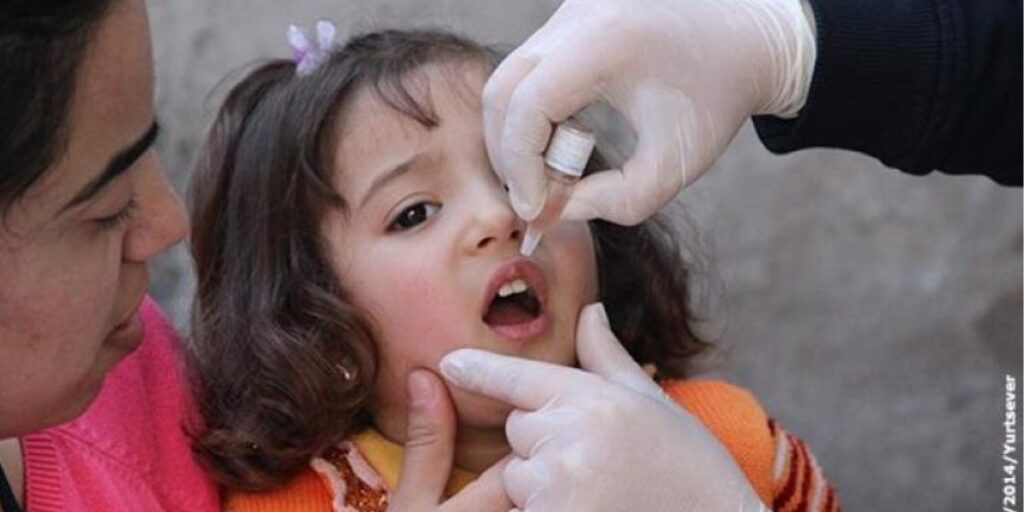QUETTA: The Emergency Operation Center (EOC) has announced the launch of an anti-polio vaccination campaign starting May 26, 2025, aimed at immunizing 2.6 million children across Balochistan.
According to a televised report citing EOC sources, while no new polio cases have been reported in the province this year, the detection of the poliovirus in environmental samples remains a serious concern.
The EOC emphasized the importance of parental cooperation to ensure the success of the campaign and safeguard children’s health. Notably, environmental samples collected from 18 cities nationwide—including five from Balochistan—tested positive for poliovirus at the National Institute of Health (NIH) in Islamabad.
These samples were drawn from sewage water earlier this year, highlighting the persistent risk despite no active cases.
From 2015 to 2025, Balochistan has experienced fluctuating trends in polio cases. In 2015, the province reported 7 cases, followed by 2 in 2016.
The year 2017 saw a significant milestone with zero reported cases. However, 2018 recorded a slight rise with 3 cases, and 2019 witnessed a further increase to 12 cases. A sharp surge occurred in 2020 with 24 reported cases, making it a critical year for health authorities.
In 2021, no polio cases were registered, and in 2022 only 1 case emerged from Chaman. Encouragingly, 2023 also had zero reported cases.
Unfortunately, 2024 marked a concerning rise again with 27 cases, making Balochistan the most affected province that year. By May 2025, 2 cases have been confirmed, while environmental samples continue to show the presence of the virus in various districts.
ALSO READ: Poliovirus Type 1 (WPV1) detected in three districts of Balochistan
Sewage water samples from Quetta, Chaman, Pishin, Killa Abdullah, and Hub have frequently tested positive for the poliovirus, reflecting persistent transmission in the environment. Despite low numbers of confirmed clinical cases, the virus’s presence in environmental samples indicates an ongoing risk to children.
Balochistan faces multiple challenges in eradicating polio, including geographical inaccessibility, security threats to vaccination teams, vaccine hesitancy among communities, and poor sanitation infrastructure.
In response, authorities have launched targeted anti-polio campaigns in high-risk areas, with over 2.6 million children being vaccinated during each drive.
Community outreach, enhanced security for teams, and improved coordination between government and health workers have been prioritized to control the virus’s spread and protect future generations.





